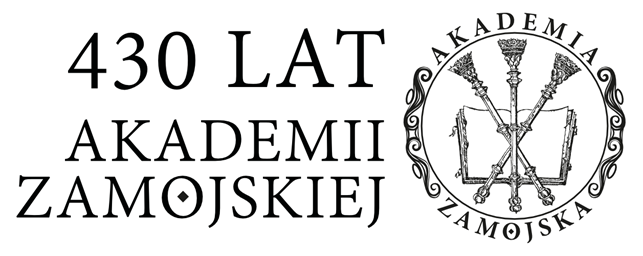Hieronim Kajsiewicz – Home, Dreams, and Calling
Abstract
Hieronim Kajsiewicz (1812–1873) was an extraordinary figure in the history of Poland and the 19th century Church, a dedicated priest and monk, a patriot, and co-founder of the Congregation of the Resurrection. He was a wise and courageous Superior General, a totally unique preacher – the "Skarga of the 19th century", a guide to the souls of many great Polish women and men. Moreover, he was a religious writer, a defender of the Church, the Pope and the family, a co-founder of the nation's philosophy and theology and the Resurrectionist educational system. He was born on December 7th, 1812, in Slavikai in Lithuania, and grew up in a deeply religious and patriotic family.
In his early youth he had very different goals and visions for his life. His path to the first community of Resurrectionists had its stages, the first of which concluded the publication of his "Sonnets" in Paris in 1833, where he expressed his experiences of the November Uprising and his first months in exile, especially in Paris.
He was educated in Raseiniai, and later in Sejny, where he graduated from high school in 1829, significantly developing his talents. He was extremely gifted in the field of literature and very ambitious. Upon graduation from high school, he began studying in Warsaw at the Faculty of Law and Administration. Meanwhile, because of his passion for literature and fine arts, he attended complementary lectures by Kazimierz Brodziński and Ludwik Osiński. He would also give them his works to review, which they praised highly and helped him publish them in the Warsaw literary press. Kajsiewicz was also a translator of Friedrich Schiller's works. The young writer additionally published poems and novels. One of them made him famous thanks to a review by Maurycy Mochnacki. He was gaining recognition in literary circles; therefore, Jan Ordyniec offered him collaboration, an apartment and a year's salary. From then on, Kajsiewicz wanted not only to be a lawyer, but first and foremost wanted to be a poet and publicist, even founding his own literary magazine.
During his university years, he stopped his religious practices and led a casual life. When the November Uprising broke out, he joined it without hesitation. He later captured the events of the uprising in his sonnets. They concern, among other things, his participation in the Honor Guard under General Józef Chłopicki, his homecoming requesting a blessing from his parents to fight in the uprising, as well as his battle route, especially at Stoczek and Nowa Wieś. The sonnets bear witness to the love of his immediate family and his small homeland in Lithuania, as well as his thoughts and experiences following the bloody battle of Nowa Wieś, where he had been almost mortally wounded and taken into Tsarist captivity. Kajsiewicz was then experiencing a state of depression caused by the conviction that he would no longer be "useful to the Fatherland."
After the fall of the uprising, he was interned in Tczew, after which he went into exile. There he not only returned to religious devotion under the influence of Adam Mickiewicz but recognized his priestly and religious calling in the community of "Jański's House." In 1841 he was ordained a priest in Rome, beginning the path of implementing the Resurrectionist charism.
Keywords:
Adam Mickiewicz, Bogdan Jański, childhood, dreams, plans, calling, priest, Resurrectionist, emigrant, soul guide, patriotDetails
References
Statistics
Authors
Citation rules
Licence

This work is licensed under a Creative Commons Attribution-NonCommercial-NoDerivatives 4.0 International License.


 Język Polski
Język Polski
 English
English
 Italiano
Italiano

